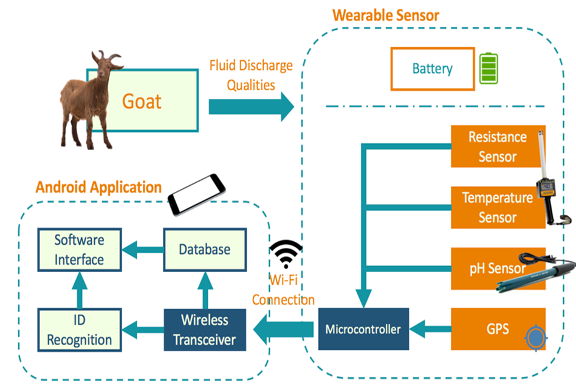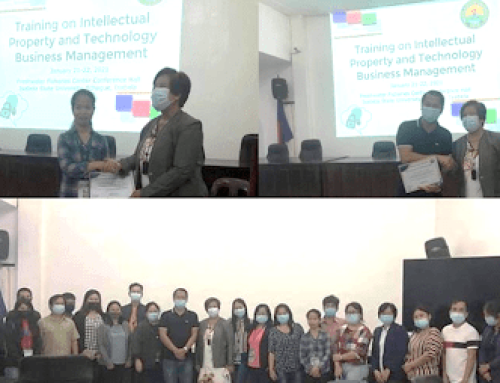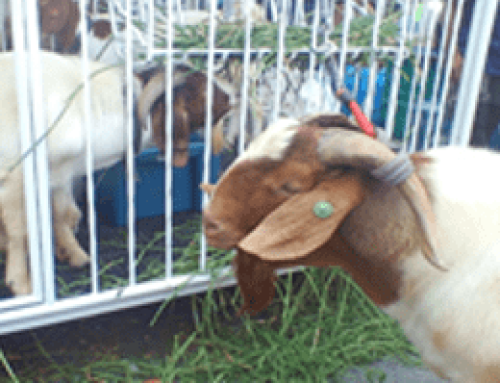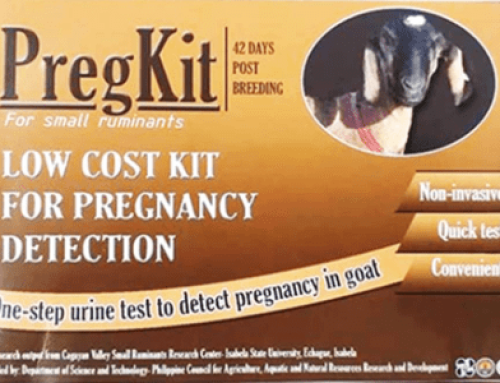In this Article

One critical control point that contributed to low conception rates among artificially inseminated goats is the timing of insemination. Usually, breeders rely on behavioral changes used during natural breeding but these only determine the period of estrus and are not necessarily the best time to inseminate.
To advance AI in goats, DOST-PCAARRD funded the development of a wearable peak estrus sensor in 2019. The project, simply called DOE Project, was tasked to produce an impervious, wireless, intra-vaginal monitoring device to accurately detect peak estrus in does to possibly improve the efficiency of AI.
After 3 years, six prototypes have been completed. They are multi-parameter, integrating sensors for changes in temperature, conductivity, and acidity, which are relevant indicators of the goat’s estrous status. Each device comes with an android application that can retrieve, record, and display the information for easier monitoring of the goat estrous cycle.
The housing is flat on one side to accommodate the flat and relatively large Ion Sensitive Field Effect Transistor (ISFET) sensor and it tapers towards the front and rear to encourage the closing of the vaginal tract around the device. The size is varied across the length of the housing to reduce the sliding of the device inside the vagina. As for the pH sensor incorporated in the device, an ISFET pH electrode was used considering its small size and the biocompatibility of the material. It is also complementary metal-oxide-semiconductor (CMOS) compatible and has the advantage of low power consumption and the possibility of mass production. The other sensors incorporated were all biocompatible, small, robust, and had the possibility for mass production. The temperature sensor was also of medical grade.
At the moment, the six prototypes are ready for use in the clinical field testing that commenced in March 2022 to produce a preliminary range of data that correlates pH, temperature, and conductivity with the stage of the doe’s estrus. This interim phase prior to pre-commercialization is through the funding support of De La Salle University (DLSU). After which, they will improve the prototypes based on tests and subject the project to a freedom to operate analysis.
For more information, please contact:
Dr. Nilo T. Bugtai (Technology Generator)
De La Salle University (ISU)
Taft Ave., Manila
Email: nilo.bugtai@dlsu.edu.ph







